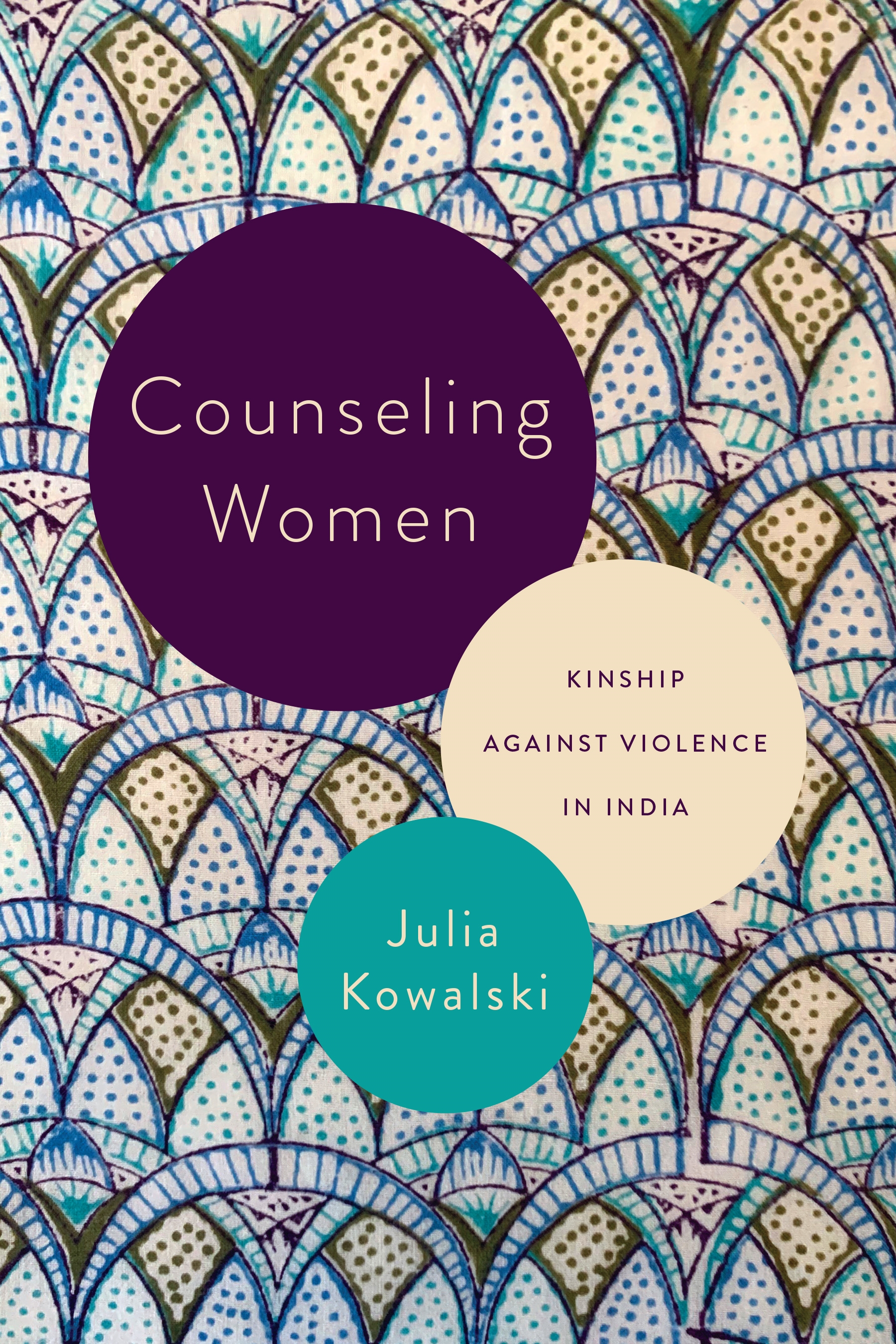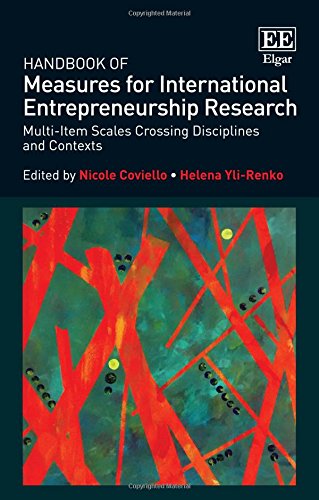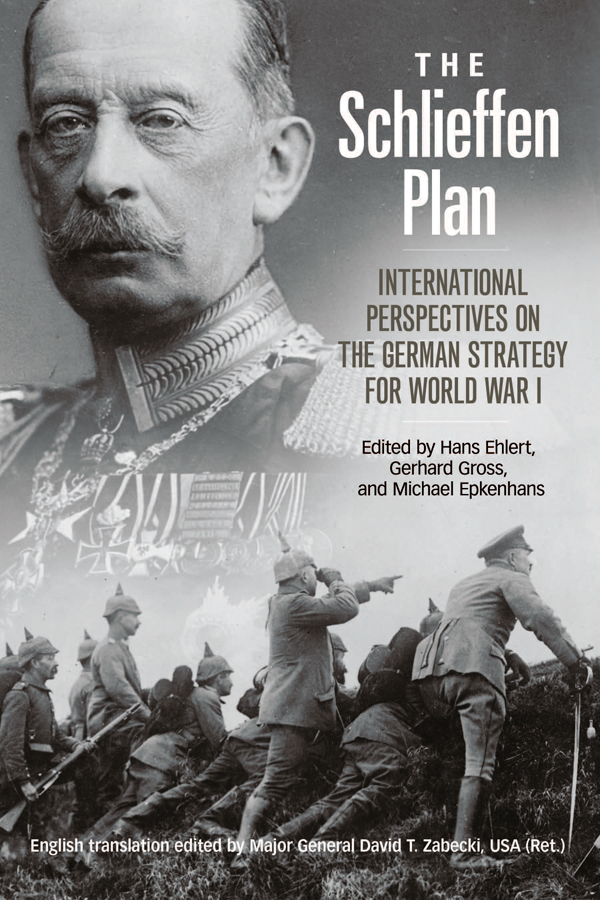This book examines how the changing post-Cold War order affected Poland’s security policy and particularly how the West’s weakening position and Russia’s revisionist policy reinforced the traditional view of security in Poland. It addresses the reasons why Poland, a middle power in Central Europe, adopted a bridging strategy in the early 1990s; how this strategy changed along with the redistribution of power in the international system; why, after the 2008 Georgian-Russian War, Poland took steps to support NATO consolidation, strengthen relations with the USA, and expand its own military capabilities; and how the Ukraine crisis affected Poland’s security. This overview is an invaluable resource for students of international and European studies, security studies, political science, as well as for decision-makers, politicians, EU staff, and anyone interested in international politics in Central Europe.












